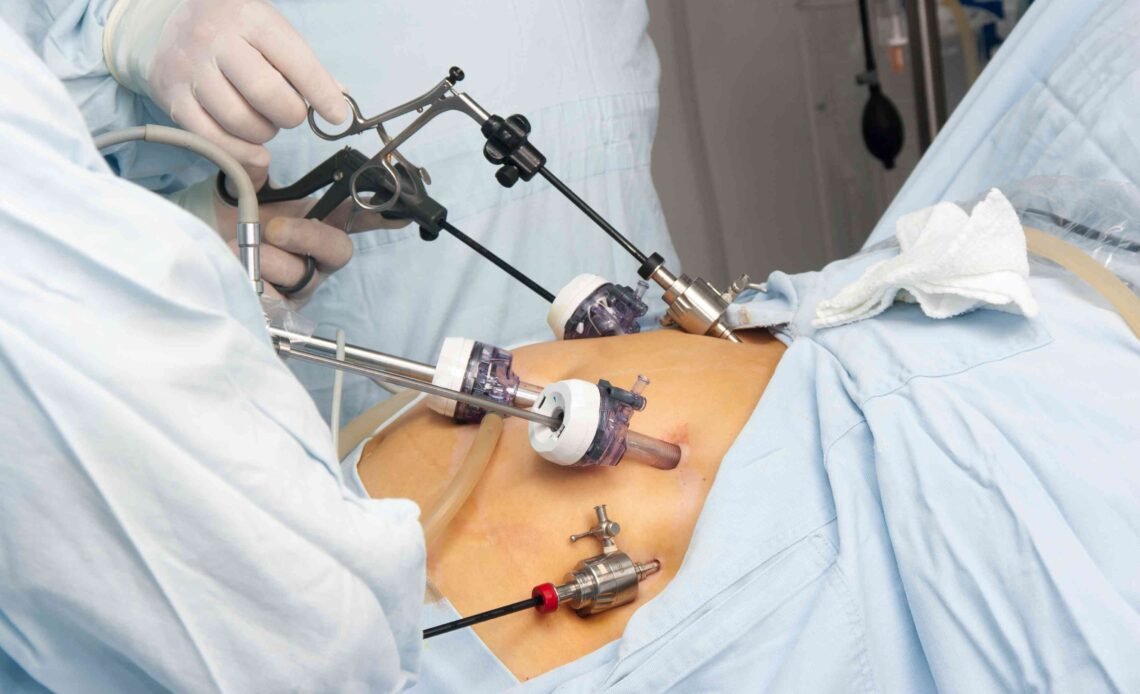After trying to lose weight for months or years and failing, you are probably thinking about bariatric surgery. This weight loss procedure can treat obesity and health conditions that can result from obesity itself such as diabetes, high blood pressure, and high cholesterol. Also, it lets you lose significant weight, it reduces your risk of future health issues. As long as you follow all treatments guidelines, you will lose weight and enjoy a better quality of life and have a longer lifespan.
How Much Weight Can You Lose?
Weight loss following a weight loss procedure will vary by patient. Those who undergo a bariatric surgery can lose a huge amount of excess body weight. However, your surgery’s success depends on how well you can maintain a healthy post-operation diet and exercise regime. In addition, how fast you will lose weight following surgery depends on the kind of procedure you have had. Behavioral modifications, sticking to scheduled appointments with your surgeon, and support from the people you love can also play an important role in your weight loss success when you decide to undergo bariatric surgery. Taking the journey with your family and friends can make the transition and process a lot easier.
Kinds of Bariatric Procedures
The following are the major weight loss procedures that you can choose from. These procedures are not a quick, simple weight loss fix. With every procedure, you need to follow a diet and exercise program to enjoy positive results.
- Gastric bypass. This weight loss surgery has been proven effective in treating obesity and related diseases. It involves creating a small stomach pouch that can keep less food. The food that goes into this bag won’t come into contact with the first part of the small bowel, leading to reduced absorption.
- Adjustable gastric banding or AGB. This surgery involves placing an adjustable gastric band to make a small stomach pouch, decreasing the amount of food you can consume. This is the only adjustable weight loss procedure.
- Sleeve gastrectomy. This works by removing around 80 percent of your stomach. Your new stomach can hold less food and liquid, reducing the amount of food you can eat. Since the procedure gets rid of the part of the stomach that produces the majority of hunger hormones, it can impact your metabolism. This procedure reduces your hunger, makes you feel full, as well as lets your body reach and keep a healthy weight.
Benefits of Weight Loss Surgery
By undergoing weight loss surgery, you can gain the following benefits:
- Improved quality of life. By losing a significant amount of weight, you will be able to move more than before. In fact, you may be enjoying activities you stopped taking part in because of your weight such as gardening, jogging, biking, and swimming. Increasing your physical activity will also increase the flow of oxygen throughout your body, helping you burn fat, minimizing insulin levels, and calming stress hormones.
- Improved obesity-related health conditions. Weight loss surgery can help you lose massive weight and can even help resolve obesity-related conditions such as heartburn, high blood pressure, asthma, sleep apnea, and others. Also, the procedure can help improve Type II diabetes mellitus. Treatment for diabetes includes weight loss and lifestyle changes, along with antidiabetic medications. When you lose weight, it becomes easier to control your blood sugar levels. In addition, obesity is associated with an increased risk of developing cancers like colorectal cancer, ovarian cancer, and prostate cancer. By losing weight, you reduce your risk of getting these cancers.
- Long-term weight loss success. According to several studies, more than 90%k of those who have undergone weight loss surgery can maintain their weight loss after the procedure.







